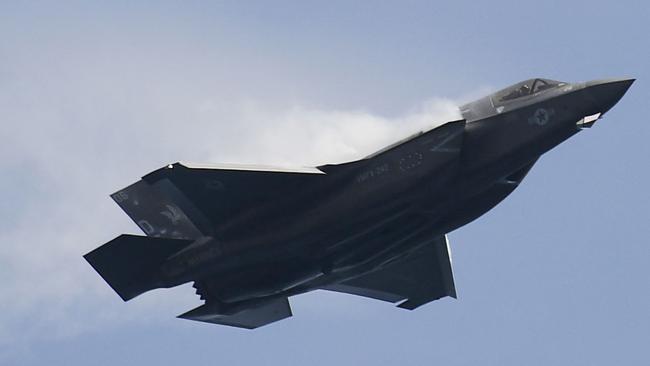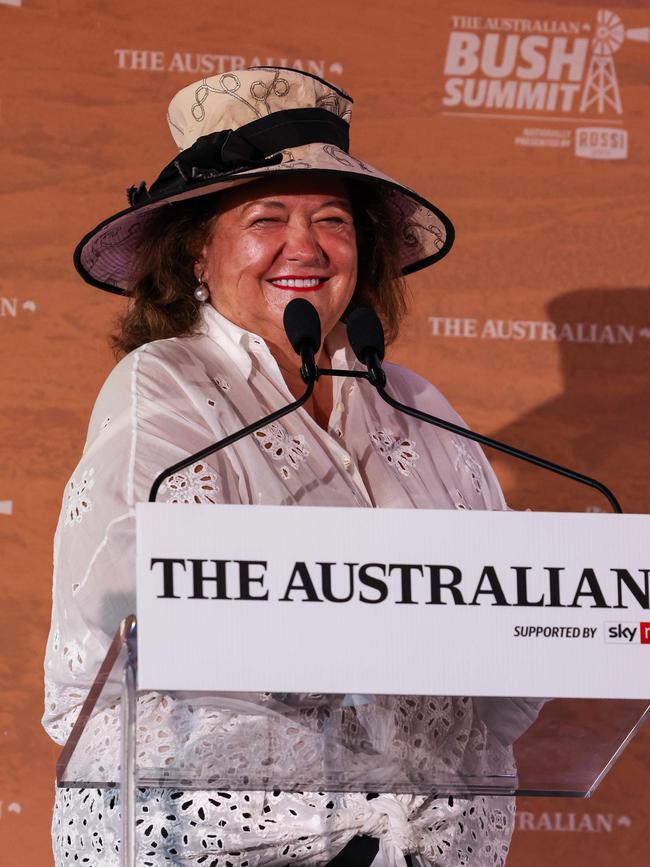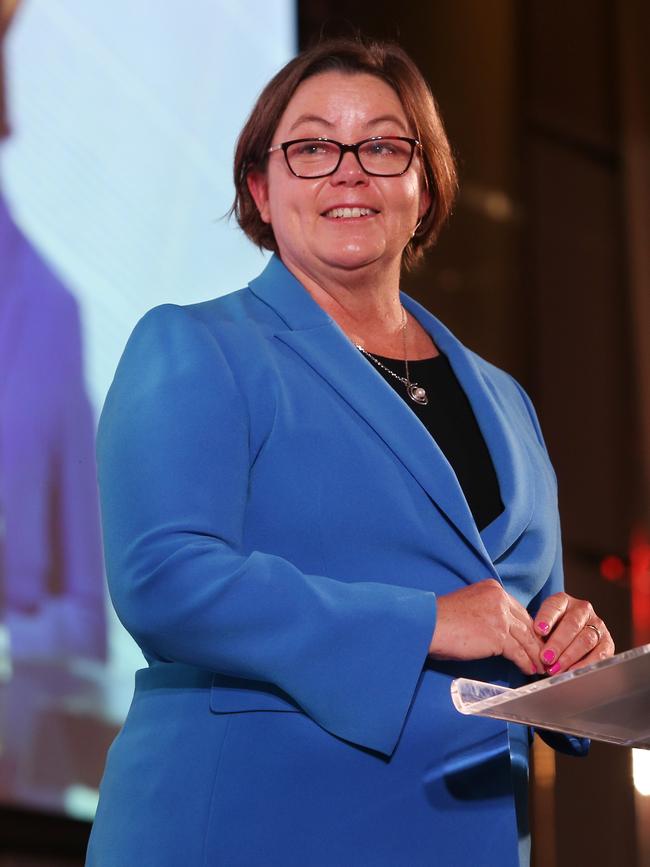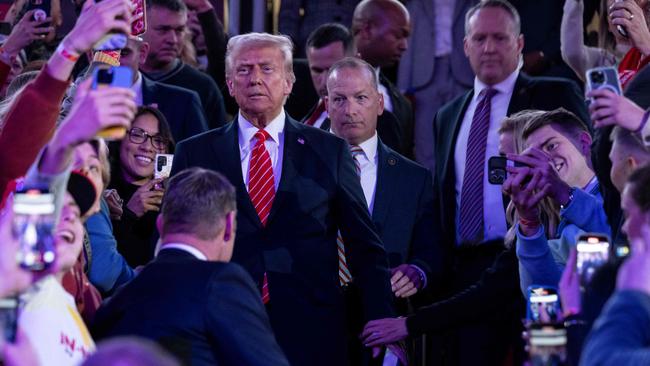Australia expects Donald Trump to ’supercharge’ critical minerals co-operation
Australia is growing confident of stronger co-operation with the US on critical minerals supply chains as Donald Trump returns to the White House.

Australia is growing confident of stronger co-operation with the US on critical minerals supply chains when Donald Trump returns to the White House.
Fears about the future of the relationship and the potential impact on critical minerals projects have given way to indications Mr Trump will seek to work more closely with Australia in breaking down China’s supply chain dominance.
Resources Minister Madeleine King was bullish about Australia-US co-operation, saying she expected it to be a major priority for the Trump administration.
“The work between Australia and the US on critical minerals actually began under the first Trump administration. I would expect it will be supercharged in his second term,” she said.
Mr Trump initiated moves to create non-China supply chains for materials like rare earths used in guided missiles and F-35 fighter jets during his previous stint as president with the work carried on by the Biden administration.
China has a near monopoly on refining of heavy rare earths dysprosium and terbium and has threatened to cut off supply at flashpoints in the relationship between Washington and Beijing.
China also dominates other critical minerals supply to the concern of the US and allies like Australia.
Gina Rinehart, Australia’s richest person and a big investor in critical minerals through stakes in Lynas Rare Earths, Arafura Rare Earths and lithium stocks, is set to attend the Trump inauguration.

Mrs Rinehart’s Hancock Prospecting also owns 8.5 per cent of New York-listed MP Materials, the biggest rare earths player in the US that was involved in merger talks with Lynas about 12 months ago.
Lynas chief executive Amanda Lacaze declined to comment if there had been any recent discussions with MP Materials, but said last year that they had talked about the value of having a Western rare earths champion with real critical mass to challenge Chinese dominance.
The Albanese government last week increased taxpayer support for Arafura Rare Earths to more than $1bn with a $200 million equity investment via the National Reconstruction Fund.
In December, taxpayers funding for Iluka Resources to build Australian first fully integrated rare earths refinery at Eneabba in WA was increased to $1.65bn.
Ms King said support for critical minerals, including through Labor’s production tax incentive, was “front and centre about national security”.

“You can’t make modern defence systems without critical minerals and rare earths,” she said.
“Developing an advanced critical minerals and rare earths processing industry is a matter of the most important geostrategic urgency. We cannot sit back and wait for international markets in these challenging commodities to return to a normal state of supply and demand.
“Australia must step up and compete and take up its responsibility.”
The US Department of Defence is backing both Lynas and MP Materials, the world’s two biggest producers of rare earths outside of China, to build processing plants in Texas.
Lynas said it expected building non-China supply chains to remain a top priority for the US and other governments.
“The development of an outside China rare earths industry and supply chain is important to both rare earth suppliers and western manufacturers,” a Lynas spokesperson said.
“A larger market will bring innovation, growth and supply chain resilience. We expect that governments will continue to see this as a policy priority.
“We have and continue to engage with key governments on rare earths industry development.”
Australian ambassador to the US Kevin Rudd has worked closely with Ms King and key industry players and US officials in building critical minerals ties.
The former prime minister’s future as ambassador remains unclear based on his past criticisms of Mr Trump and feedback for the incoming president and his supporters.
However, Ms King said Mr Rudd had been able to continue working with the president-elect’s team on critical minerals.
“Ambassador Rudd has been engaging closely with the incoming Trump administration on these matters and how Australia’s abundant reserves of critical minerals can support the security of our international partners,” she said.

On Monday, ASX-listed manganese producer Element 25 said it had been awarded $US166 ($268m) from the US Department of Energy to partially fund the development of a Louisiana plant that will refine the metal into a battery-grade product. The grant, which is roughly four times Element 25’s market capitalisation, the was flagged in September ahead of a meeting between the US president Joe Biden and Mr Albanese in Delaware where discussions included critical minerals supply chains.
Ms King acknowledged Australia was walking a fine-line in trying to build critical minerals supply chains with the US without upsetting major trading China.
Labor has taken a harder line on Chinese investment in the critical minerals as it looks to grow domestic processing and develop supply chains, including ordered investment funds associated with Chinese conglomerates to divest shares in heavy rare earths company Northern Minerals.
Weak commodity prices, which some industry players blame on Chinese oversupply and price manipulation, have cast doubt on big investment on downstream processing in Australia.
“It’s a difficult market because there is oversupply led by our main competitor,” Ms King said.
“The production tax credit policy (which offers a 10 per cent tax credit for onshore downstream processing of critical minerals) was built because we know the market is challenging and will remain so for some time.”
China last month banned exports to the US of critical minerals gallium, germanium and antimony. The move saw the price of antimony, which is used in semiconductors and ammunition, hit all-time highs in January.




To join the conversation, please log in. Don't have an account? Register
Join the conversation, you are commenting as Logout